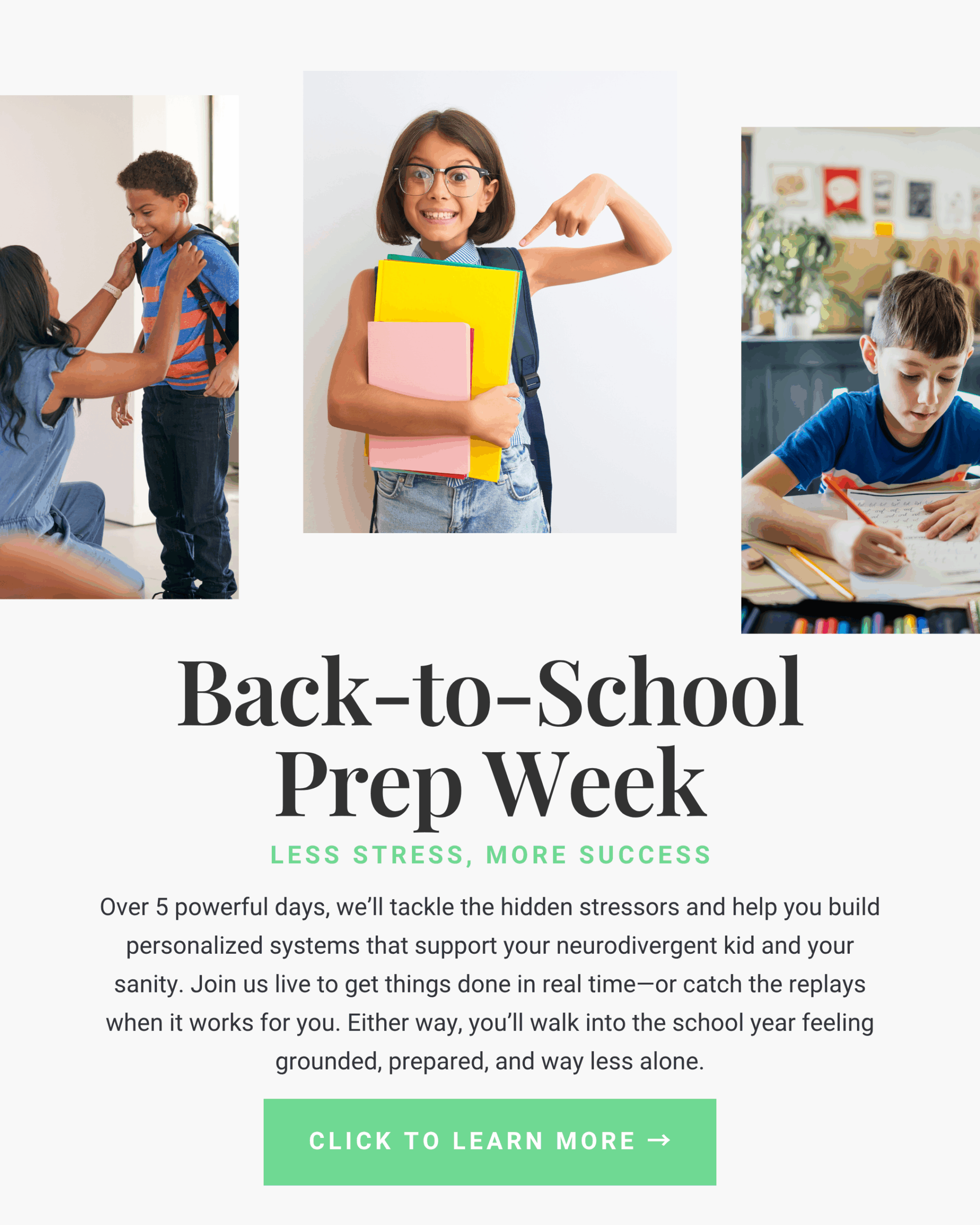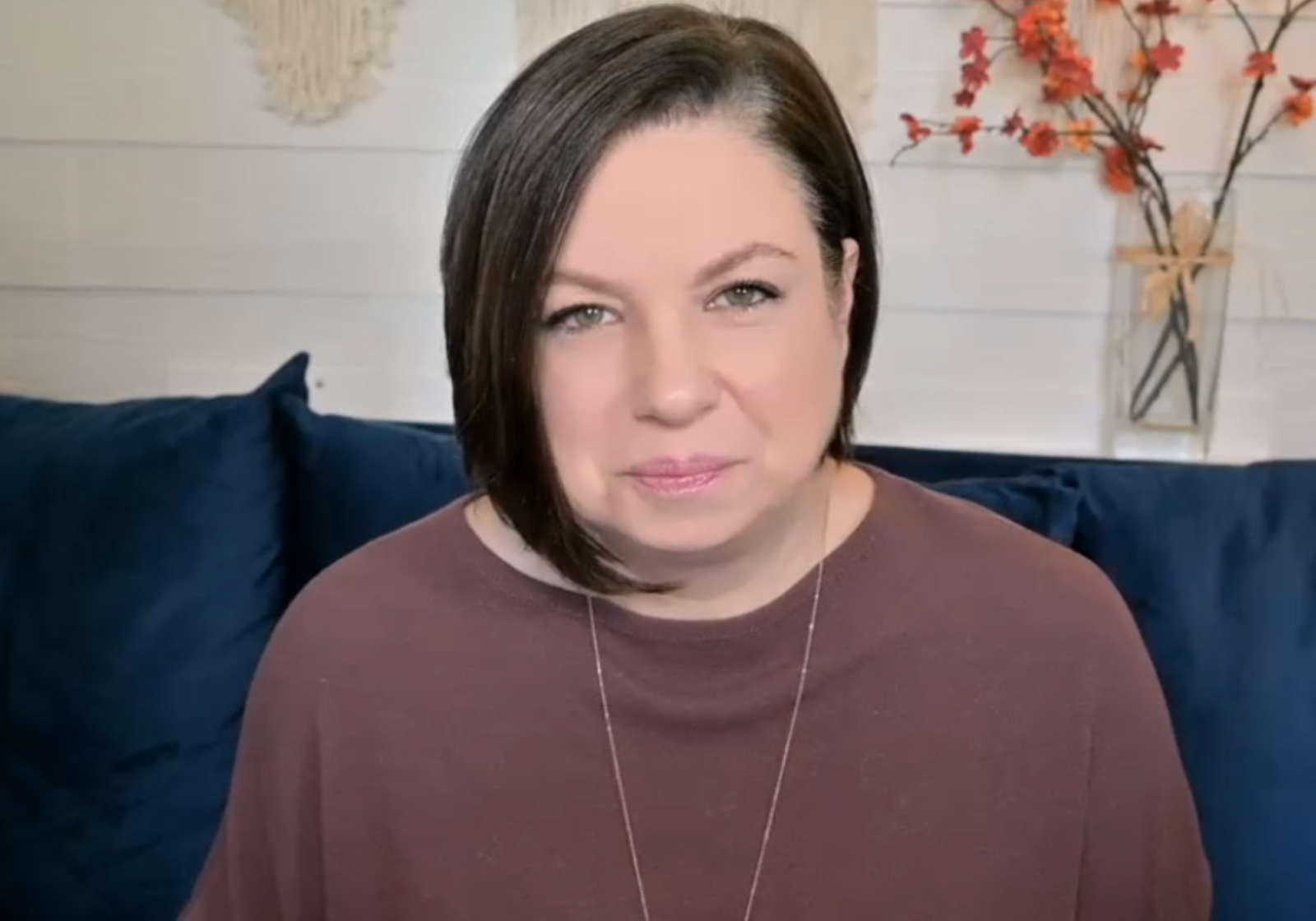I’ll never forget the mornings that nearly broke me.
Every school day started with chaos — walking on eggshells, nagging, repeating myself, and eventually yelling. It was the only way I could get my son to put on clothes, brush his teeth, and walk out the door. And I hated it. We all did.
It wasn’t just about getting out the door on time. It was the emotional weight of knowing my neurodivergent child was already starting the day dysregulated, defeated, and disconnected.
Eventually, I realized the problem wasn’t my parenting or even my child’s behavior. The problem was that we were reacting instead of preparing.
So I flipped the script.
I stopped obsessing over school supplies and started building systems that supported his nervous system. I let go of the myth that mornings had to look a certain way and focused instead on creating emotional safety.
Instead of barking commands, we co-created a visual routine card — not a checklist to micromanage, but a game-like flow that made mornings predictable. We started prepping lunch and clothes the night before, keeping lights dim, and even incorporating his favorite soft music. It wasn’t perfect. But it was a lot more peaceful — and that was everything.
I also started listening more. When he asked for screen time after school, my gut reaction was to say no. But once I saw how 30 minutes of gaming actually helped him decompress and regulate, I realized he wasn’t being lazy — he was advocating for what he needed. That shift in perspective changed our afternoons, too.
These strategies weren’t magic, but they made a massive difference. And now, I help other parents do the same. Because back-to-school doesn’t have to mean back to chaos.
When we understand that our kids’ nervous systems are wired differently, we can show up with connection instead of correction. We can be proactive instead of reactive. We can build trust, safety, and routines that truly work — not just for school, but for life.
This is what I wish I had known years ago. And it’s exactly what I teach during Back-to-School Prep Week.
If you’re feeling the dread creep in, know this: there’s a better way. And you don’t have to figure it out alone.










